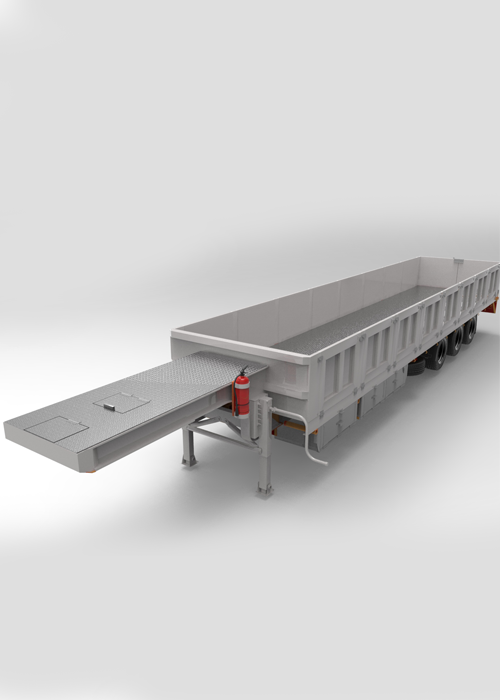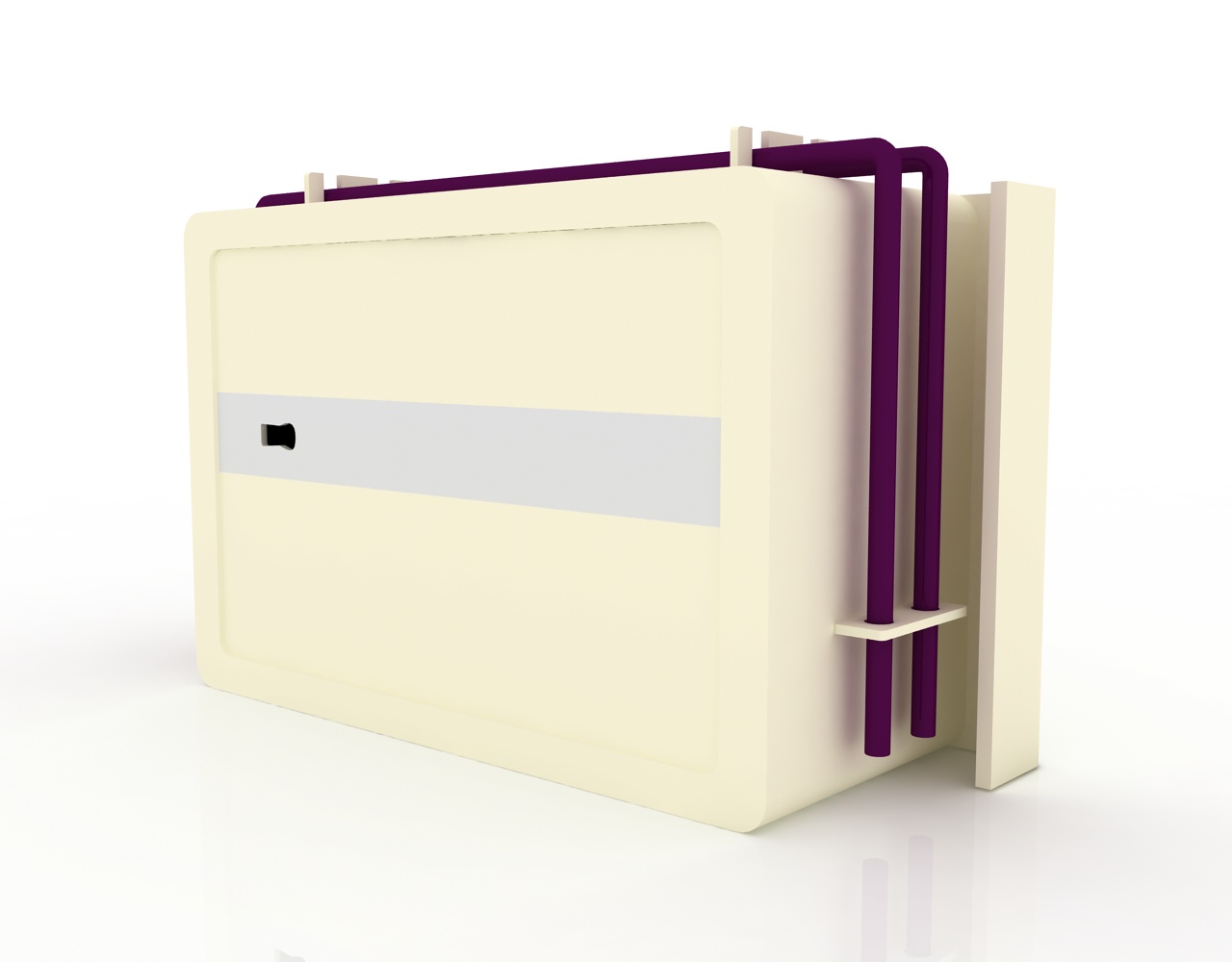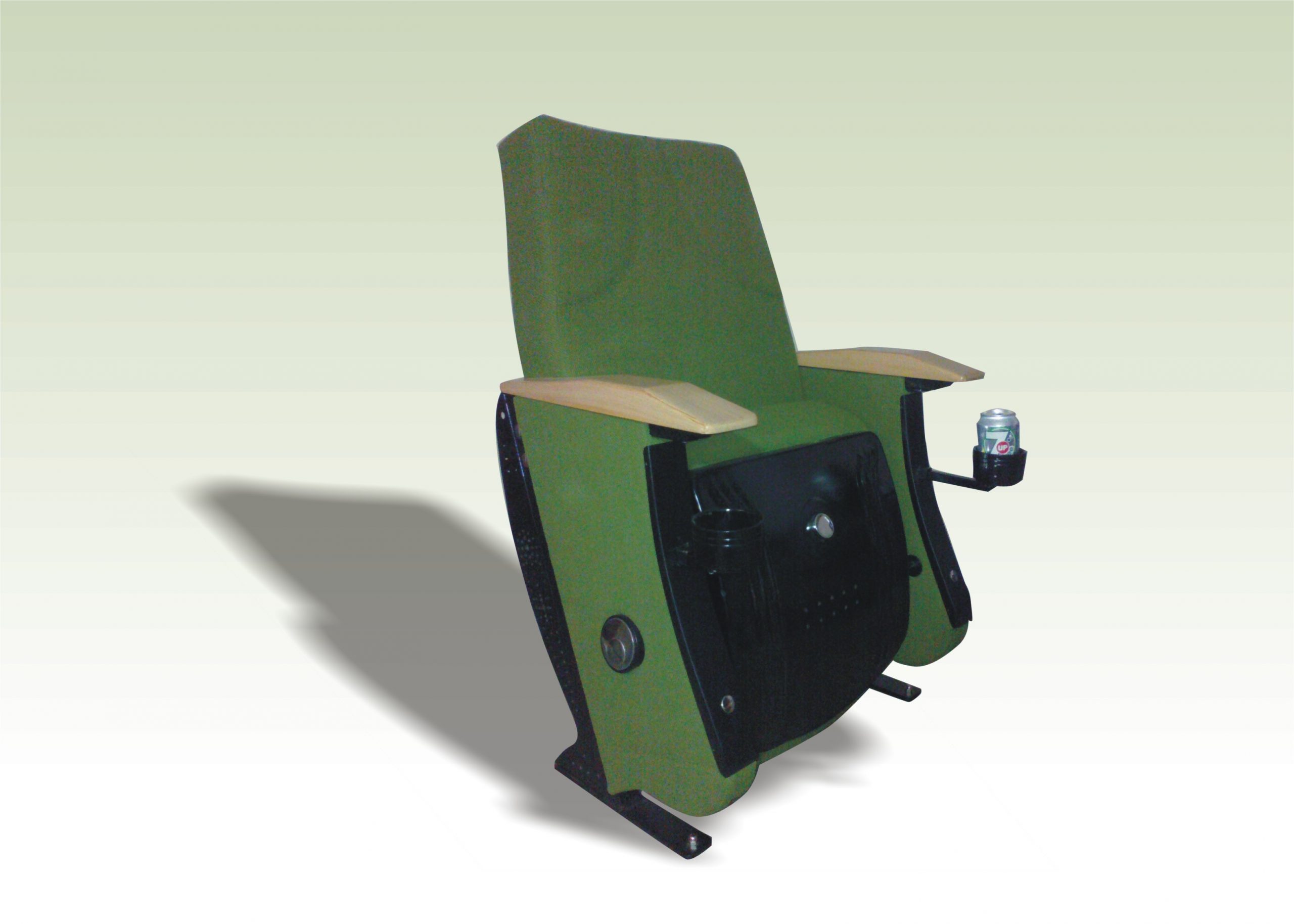Description
The Roadrange Trailers and Bowsers brand caters to the needs of transporters, overland cargo handlers, distributors and other private and governmental bodies seeking varied types of heavy vehicles. The Roadrange Trailers line includes the manufacture of Water Bowsers, Fuel Bowsers, Trailers, Cargo beds, etc.
Experience the next generation with our Truck Beds, under the brand Roadrange Trailers & Bowsers, with their rugged construction, innovative features and superior quality. Our Roadrange Truck Beds offer the ultimate in quality, features and options.
Our truck beds can handle heavy workloads and withstand tough conditions. With innovative, steel, flat-bed and low-bed designs and durable finishes, these truck beds are planned, and manufactured by the hands of the industry’s most experienced professionals.
- Size: As per requirement.
- Standard colour: Completely customisable.









